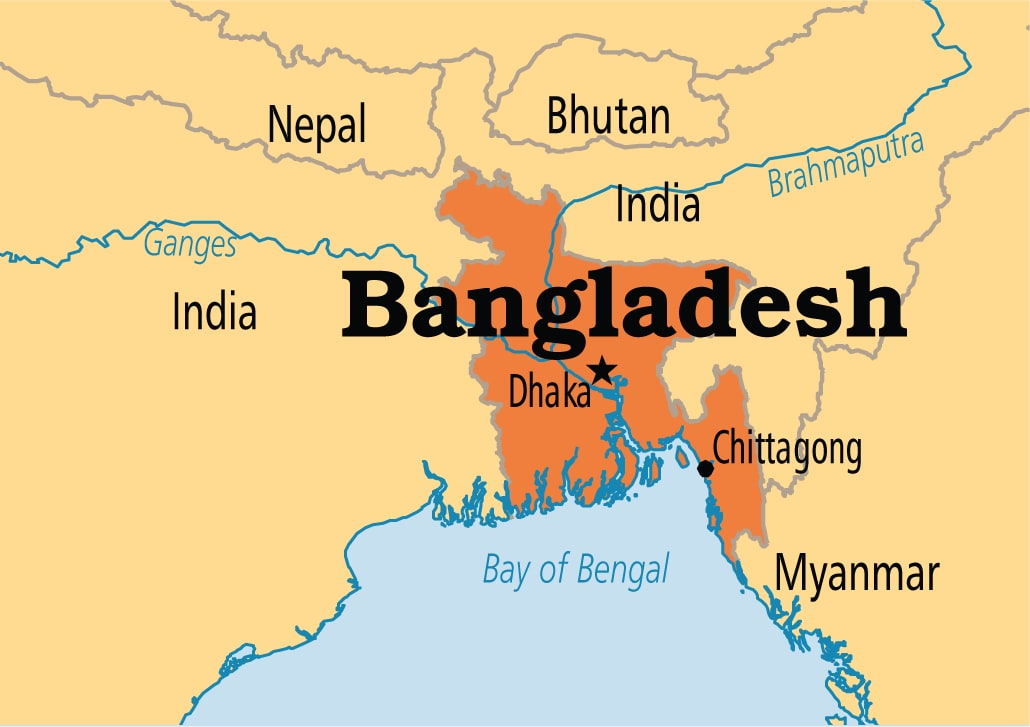Rapid Fire
Protests in Bangladesh
- 26 Jul 2024
- 2 min read
Bangladesh has been going through a significant crisis as student protests against government job quotas have resulted in the deaths of at least 130 people.
- The current wave of protests erupted after the High Court division of the Supreme Court of Bangladesh reinstated the civil service quota system, nullifying the Prime Minister's executive order that abolished it.
- The appellate division of the Supreme Court’s subsequent order to halt the High Court’s decision has added to the uncertainty, with students demanding a more inclusive and merit-based quota system.
- The protests come at a particularly challenging time for Bangladesh as it is already grappling with high inflation and unemployment.
- Initially established to benefit descendants of freedom fighters, women, underrepresented areas, and ethnic minorities, Bangladesh's government job quotas have faced criticism over the years for being outdated and susceptible to misuse.
- Due to the current crisis, the trade between India and Bangladesh via land ports has come to a standstill. The Border Security Force (BSF) has also increased vigilance along the India-Bangladesh border in response to concerns over potential spillover effects from the unrest in Bangladesh.
- India has been actively involved in building capacity in Bangladesh’s civil services.
- Recently, the National Centre for Good Governance (NCGG) conducted a special capacity-building program for 16 Deputy Commissioners of Bangladesh.
Read more: India-Bangladesh





